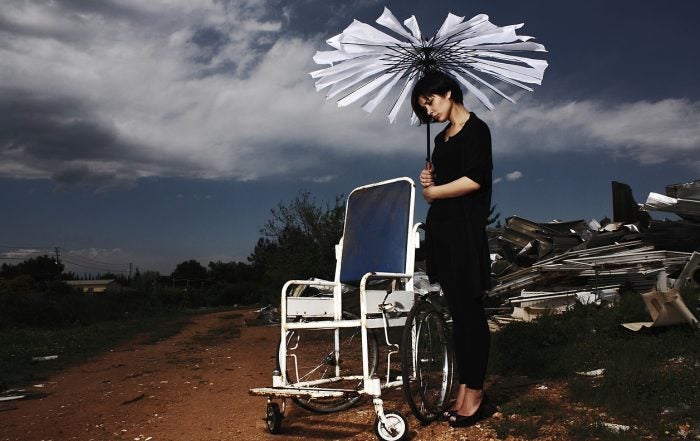Home » Biology (Page 17)
Category Archives: Biology
Stop Looking for the Drug. Look at the Genes – Bulletproof Anti-doping Test
By Isra Uz-Zaman, Genetics ’14 Cheating in sports in not a new phenomenon. In the modern era, numerous athletes participate in blood doping by injecting erythropoietin (EPO) into their blood to increase the amount of red blood cells and thus improve their athletic performance. EPO is a protein hormone produced by the kidney which stimulates […]
Climate Engineering: Worth the Risk?
By Ashley Chang, Genetics ’15 Researchers at the GEOMAR Helmhotltz Centre for Ocean Research Kiel are studying the long-term effects of “climate engineering” methods that could help to preserve the climate and protect from rising temperatures. This winter every part of the world except the eastern United States reported record breaking high temperatures. Although political […]
Prenatal Exposures and Risk for Chronic Diseases Later in Life
By Marisa Sanchez, Genetics ’15 Most people know that poor diet, lack of exercise, and smoking as an adult can increase the risk of developing cardiovascular disease (CVD) and Type II diabetes. However, research over the past couple of decades has shown that risk for CVD and type II diabetes could begin as early as […]
Genome-Wide Association Identifies Genes Linked to Autism
By Ashley Chang, Genetics ’15 Biostatisticians led by Knut Wittkowski at Rockefeller University Hospital have employed new methods of genome-wide association studies to identify genes that they believe to be associated with autism. The researchers compared genomes of patients with varying degrees of autism to healthy patients and were able to identify genetic variations that […]

